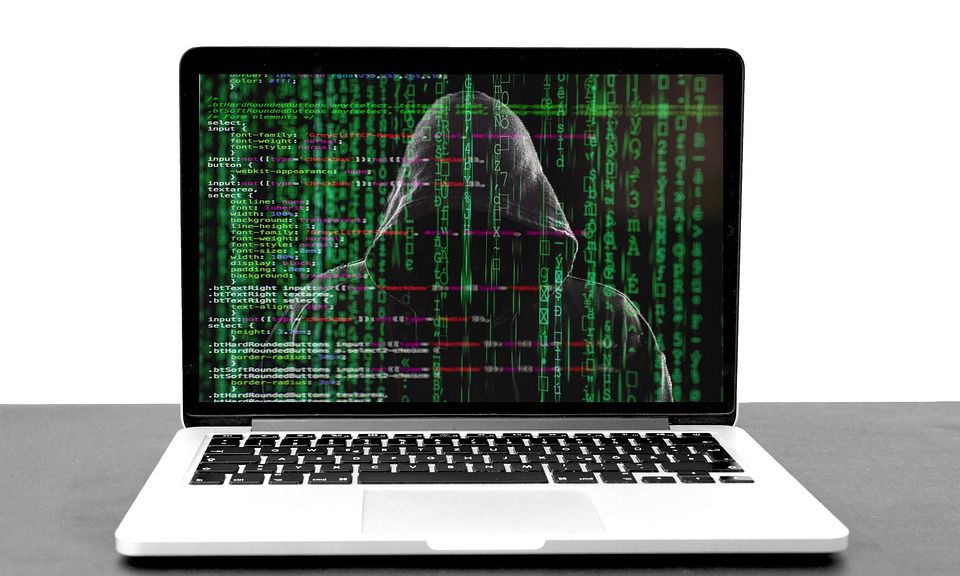
34% of businesses require at least a week to restore their systems and data after being infected with malware.
Malware is an umbrella term that encompasses various forms of malicious code. Examples of malicious software may include: Ransomware, spyware and trojans along with malicious ads and keyloggers - these can all be very destructive for a business.
The longer malware remains on your computer, the greater its damage. Many forms of malicious software have an inherent directive to spread to as many computers as possible if left unchecked; if one computer becomes infected by 10 others on a single network, it could potentially infect up to 100 others simultaneously.
It is critical to detect infected devices quickly, so you can remove them from your network and have them professionally cleaned.
These are the top warning signs that malware infection is on your mind, so you can take immediate steps to reduce your risk.
STRANGE POPUPS ON YOUR DESK
Malware often disguises itself as an antivirus program or warranty notice to trick users into clicking without thinking. Hackers attempt to mimic features users might recognize from legitimate programs so they click without thinking.
These could indicate your computer has become infected with adware or other types of malicious software.
NEW SLUGGISH BEHAVIOR
There are various reasons your computer's speed can drop, such as having too many tabs open simultaneously or running a memory-intensive application. In most cases, you'll know what causes this slowdown before it becomes an issue for you.
If you experience unusually slow behavior or sluggishness, this could be indicative of an infection. For example, if all other programs are closed except notepad or another app and yet you still experience freezing, this could be a sign that you have an infection.
Malware running in the background can cause system slowdowns and drain away valuable system resources.
Applications Start Crumbling
Applications should never crash without warning. There could be a reason behind it, such as an issue with the software or an update issue, or another underlying cause.
Apps that crash unexpectedly, necessitating you to restart them or reboot your system, may be indicative of malware, trojans or viruses having been introduced.
When your homepage in a browser is changed
It is important to immediately scan for malware. Certain types of malicious software can redirect you away from your usual homepage. If this occurs, take immediate steps to secure your computer against such attacks.
Malware can infect a computer and alter your default browser homepage, opening the door for popup ads and other types of phishing websites.
Doing so won't solve the issue; the only way to permanently eradicate malware from your device is by taking proactive steps.
SUDDEN REBOOTS
Malicious software or malicious codes may cause your system to reboot without warning.
Losing any work you have just finished could cause you to lose it and make it more challenging to finish tasks. Malware can alter core system files, leading to instability if these are corrupted and having to reinstall the operating system without warning.
DO YOU FIND THAT YOUR HARD DRIVE SPACE IS GONE
A malware infection could have taken over the space on your hard drive if you discover there is no longer any free space left. Certain types of malware can copy files or introduce new ones into your system without warning.
Malware authors often conceal their activities, so you won't find the word "malware" when searching for files on your system. Instead, the harmful activities will be concealed under a generic name you may mistakenly believe to be one of your normal system files.
Are You Running Over Corrupted Files
If a corrupted file in an archive indicates that ransomware has infected your computer.
Files can become corrupt due to various reasons. If you suspect this is the case, run a malware scan for further analysis.
PC "PROCESSING SOUNDS", WHEN THERE SHOULDN'T BE
We've all become accustomed to hearing "thinking sounds" that occur when your computer processes memory-intensive tasks. After completion of each activity, you will hear a whirring sound.
This could indicate that malware is running behind your computer's firewall.
Get Professional Malware Scanning & Removal
Online virus and malware scans are often insufficient, so consult a specialist who can clean your entire system for you.





